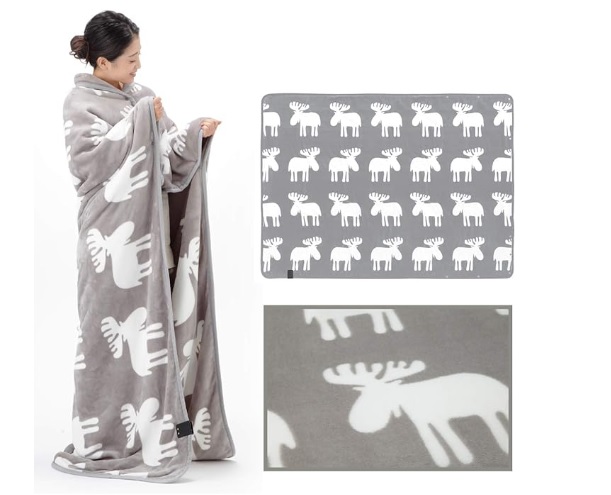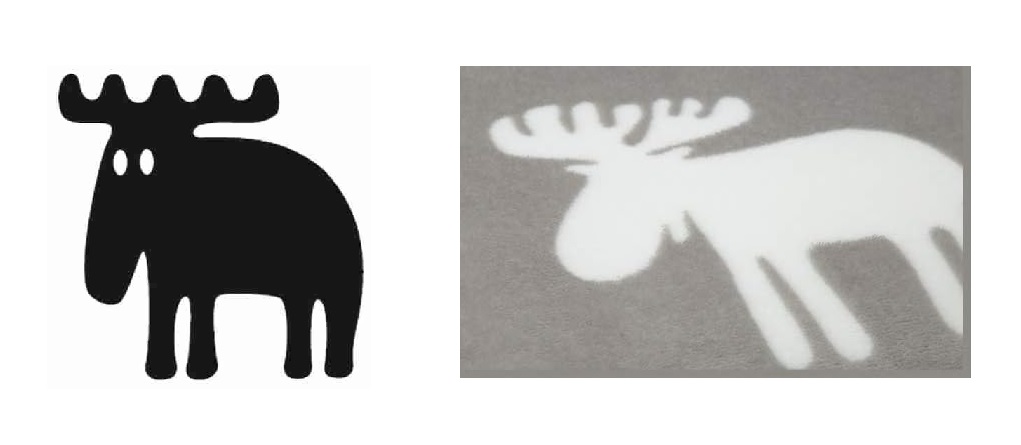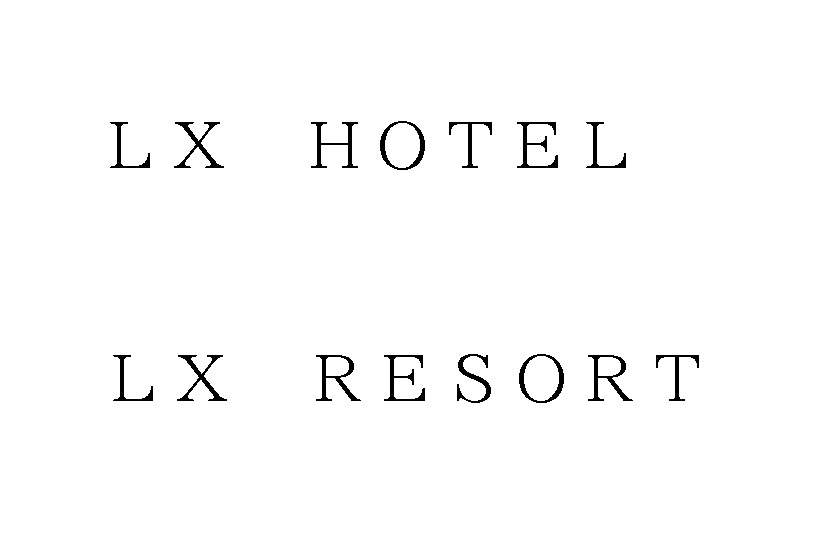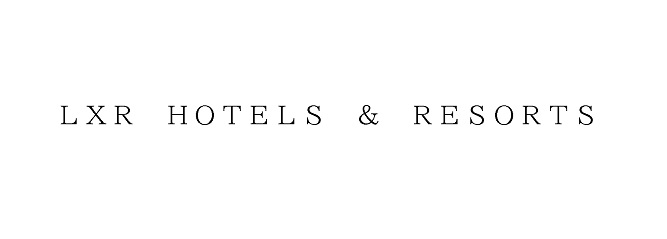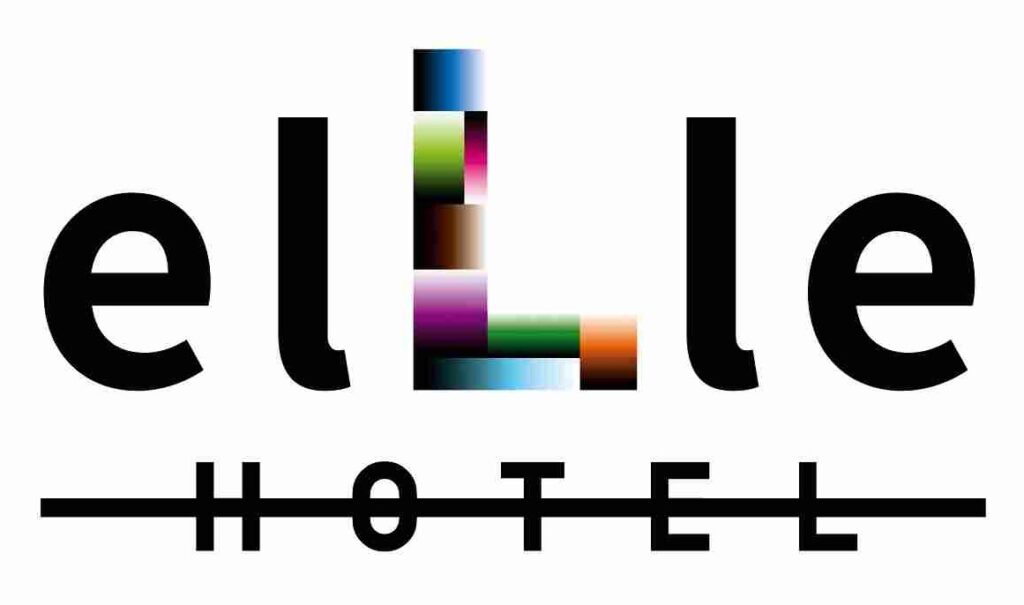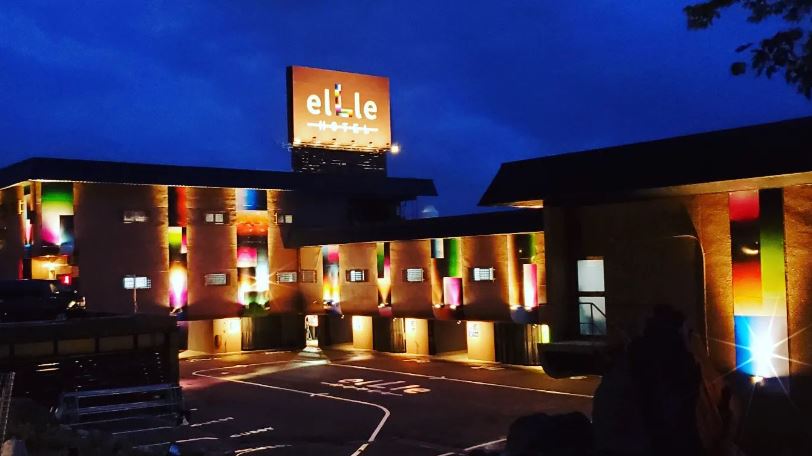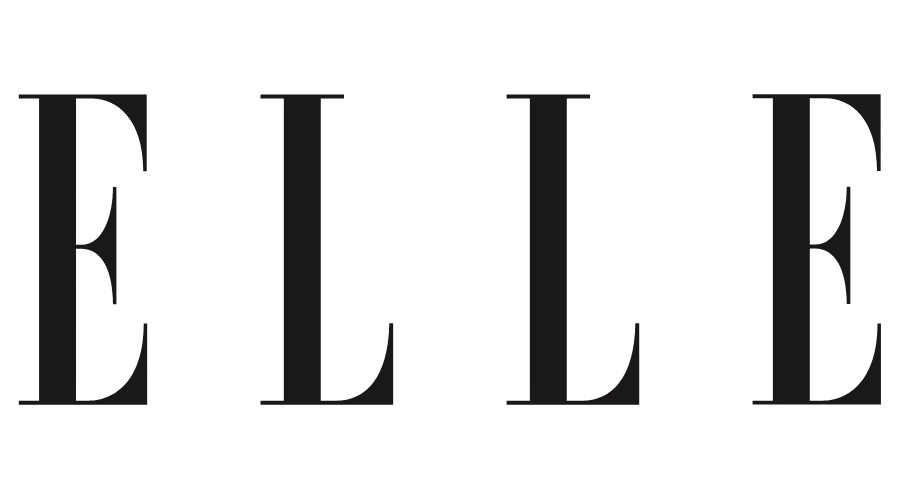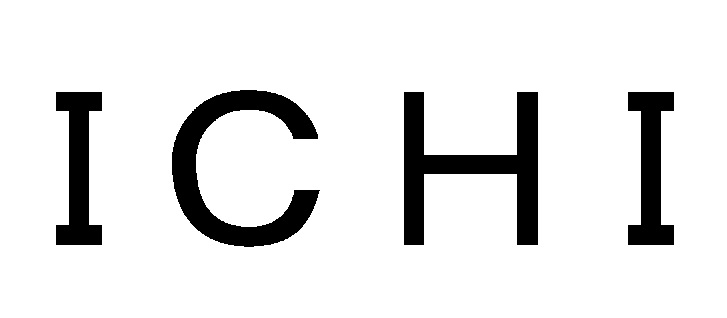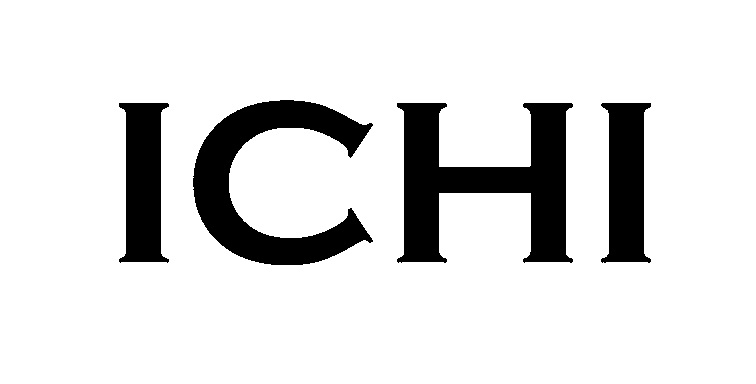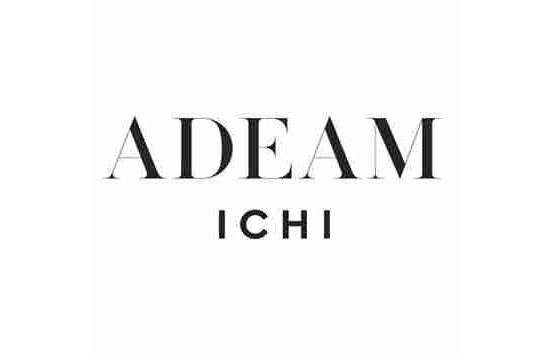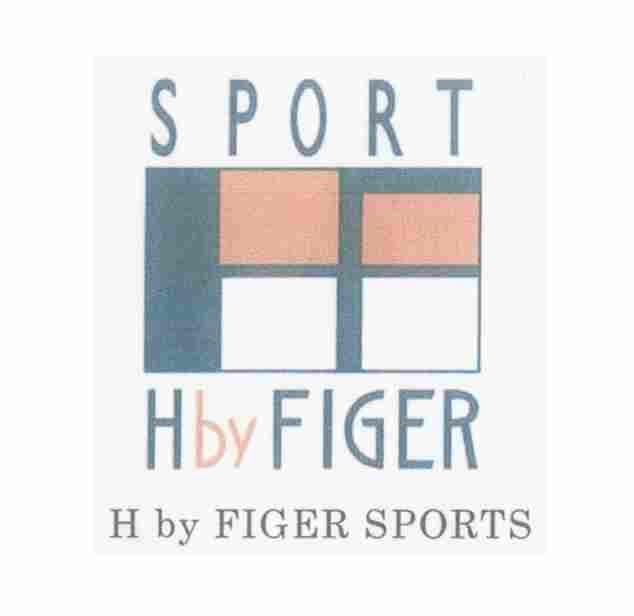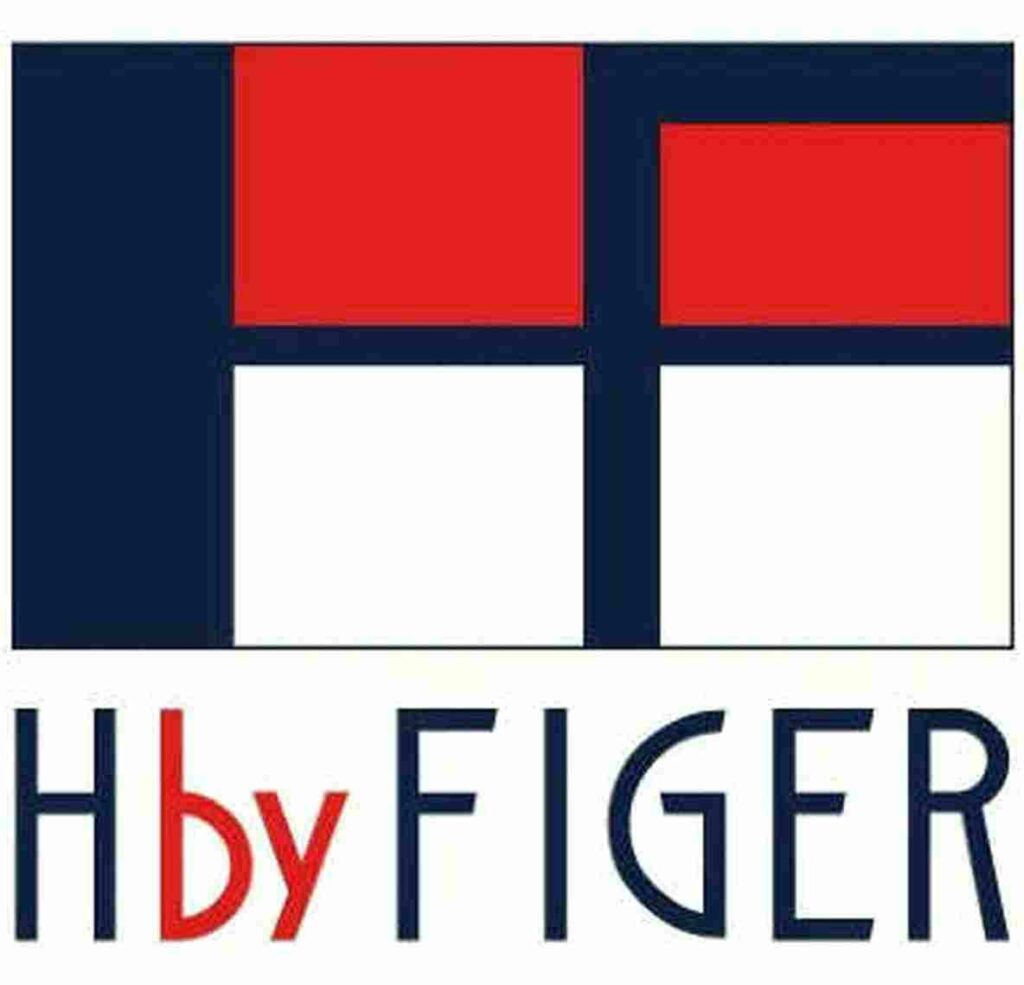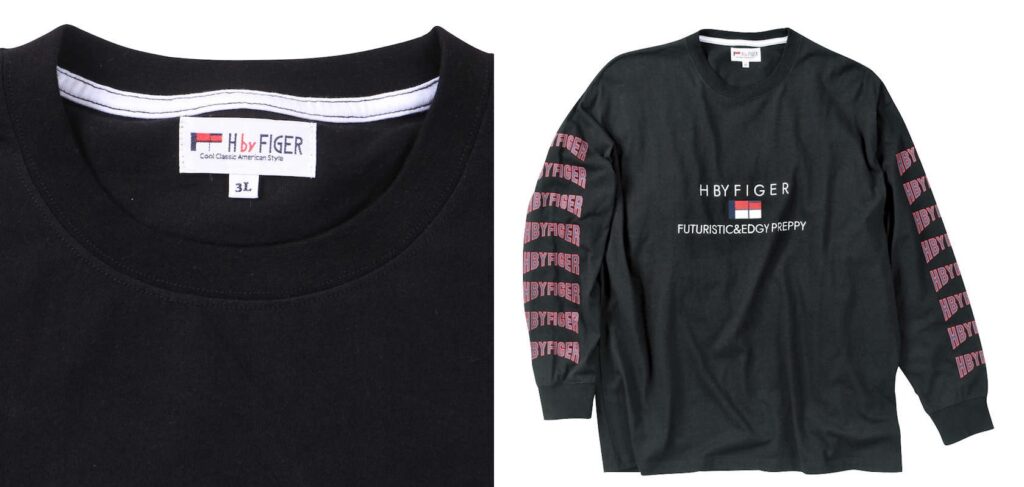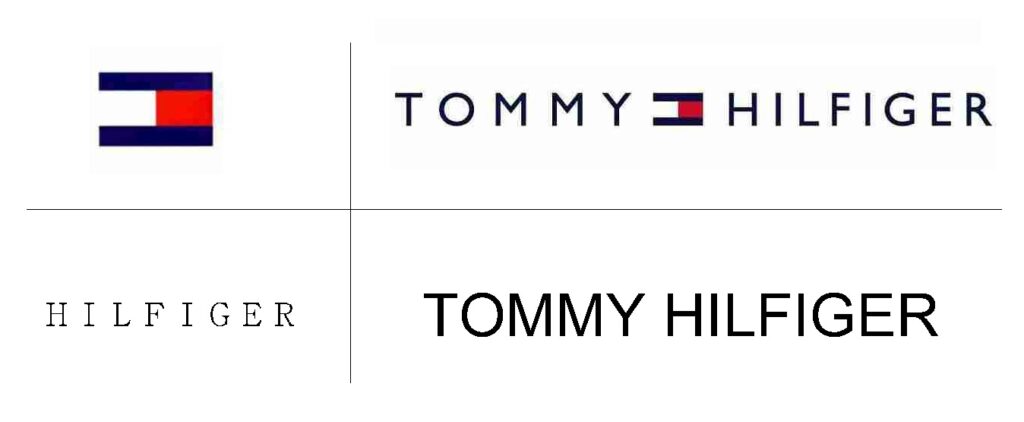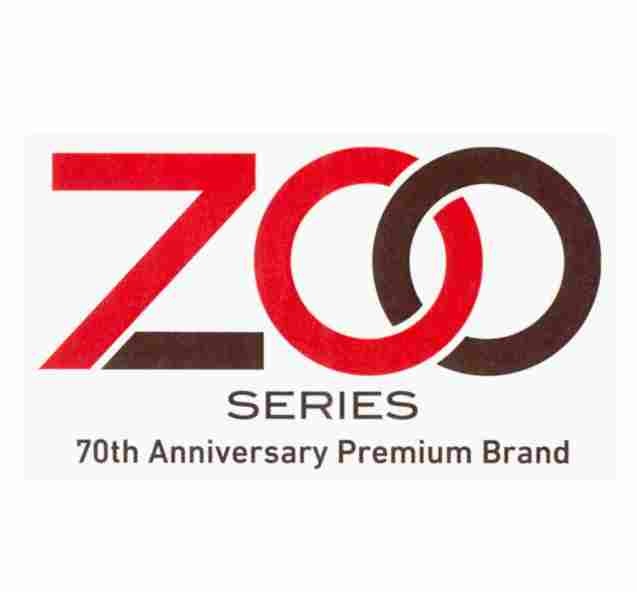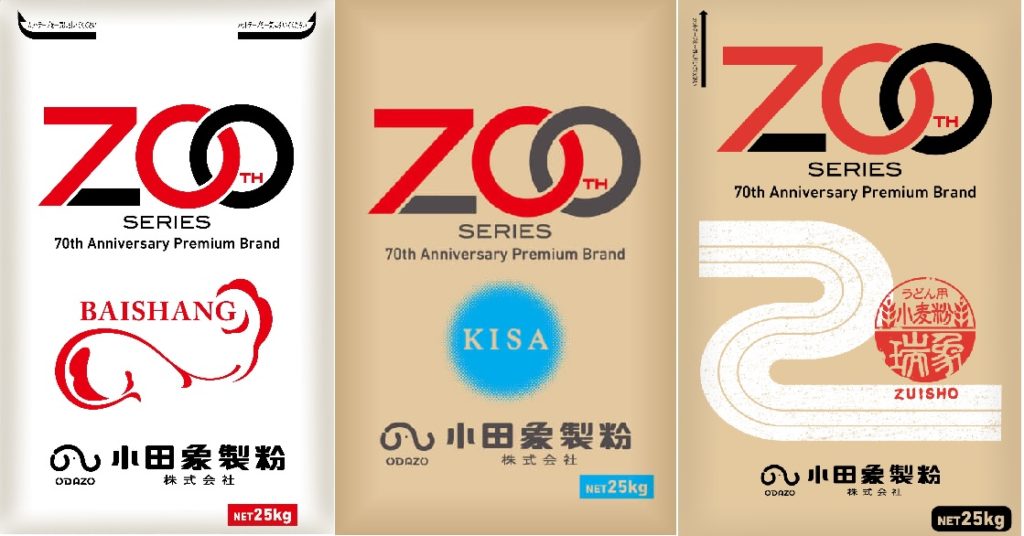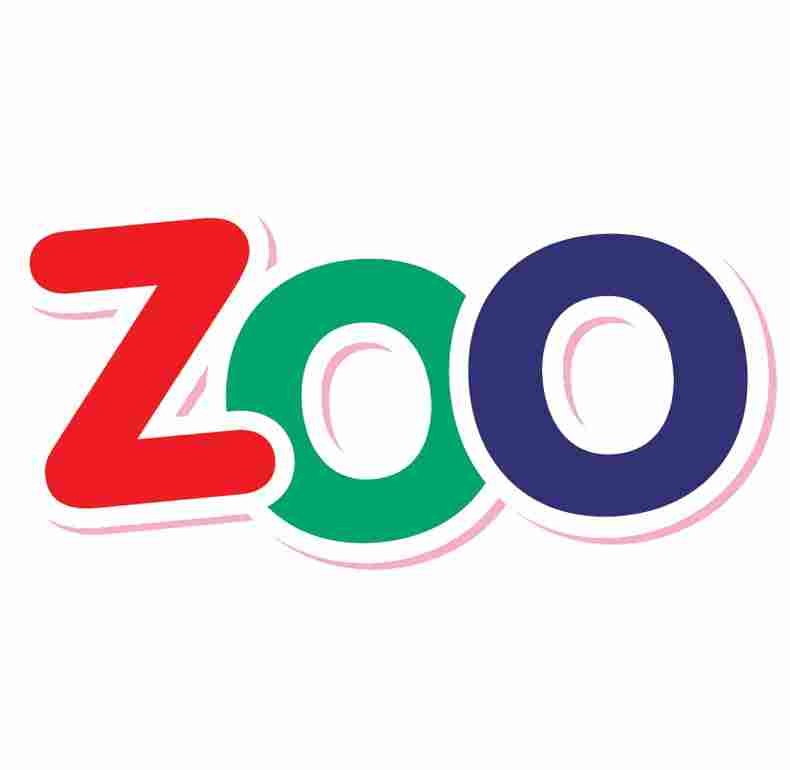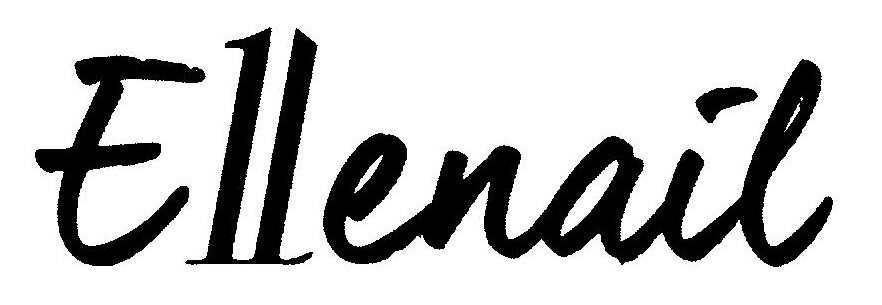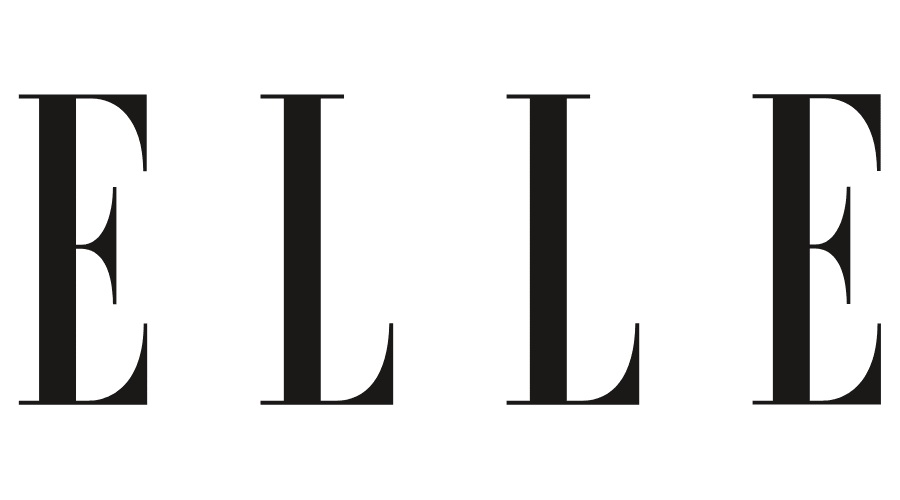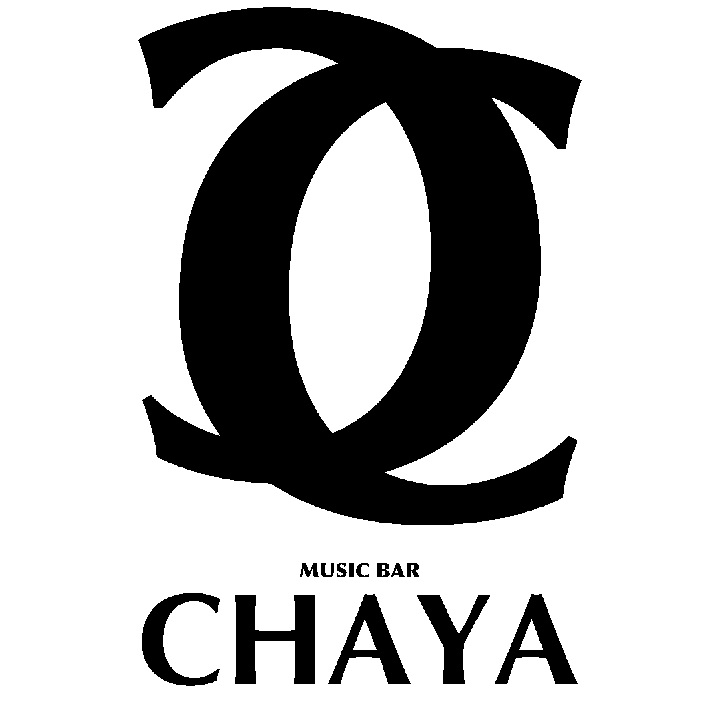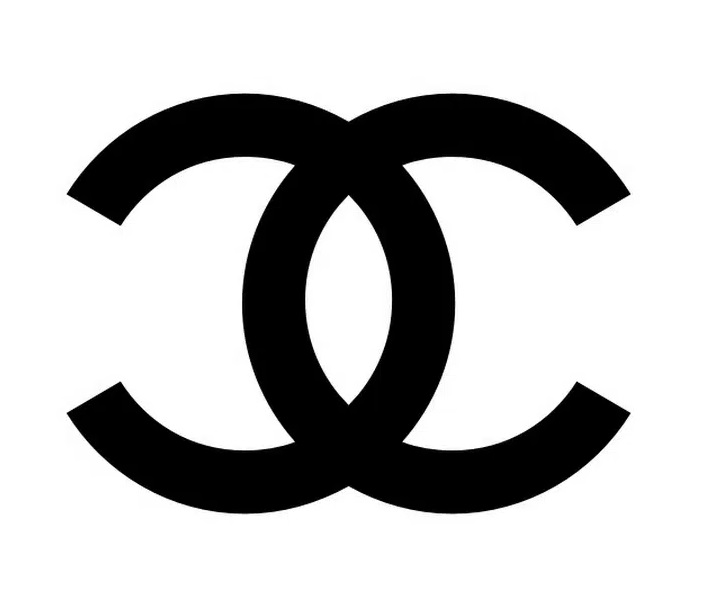On February 26, 2024, the Japan Patent Office (JPO) dismissed an opposition filed by Rimowa GmbH against TM Reg no. 6701836 for wordmark “RIMOWA” written in Japanese character in class 38 and 42 by finding dissimilarity to earlier IR no. 1303010 “Rimowa Electronic Tag”.
[Opposition case no. 2023-900179]
Opposed mark
Opposed mark, consisting of three Japanese hiragana character “りもわ” that corresponds to the Japanese transliteration of “RIMOWA”, was flied with the JPO by Computer Engineering & Consulting Ltd. (CEC) a Japanese company, for use on ‘Telecommunication; Providing online forums; Communications by mobile phones; Streaming of data; Electronic bulletin board services [telecommunications services]; Video-on-demand transmission; Videoconferencing services’ in class 38 and ‘Providing computer programs on data networks; Software as a service [SaaS]; Platform as a service [PaaS]; Providing virtual computer systems through cloud computing; Providing computer software for virtual reality’ in class 42 on Nov 21, 2022 (TM App no. 2022-133281).
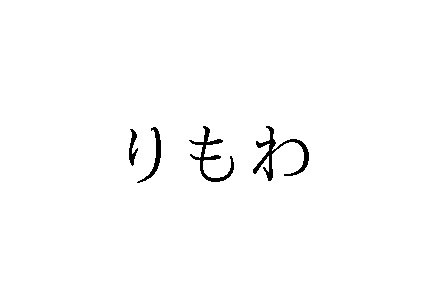
The JPO examiner issued an office action based on Article 4(1)(xi) of the Japan Trademark Law by citing IR no. 1452467 “RIMOWA” (cl. 9) owned by Rimowa GmbH.
As the applicant deleted the services in class 42 that conflict with the goods in class 9 designated under IR no. 1452467, the examiner granted protection of the mark on May 12, 2023.
The applicant uses the mark in relation to virtual office services. If this is the case, the mark indicates an abbreviation of ‘Remote working’.
Opposition by RIMOWA
Rimowa GmbH, the renowned German luxury luggage-maker, filed an opposition with the JPO on August 7, 2023 and claimed cancellation of the opposed mark in contravention of Article 4(1)(xi) by citing IR no. 1303010 for wordmark “Rimowa Electronic Tag” that covers services in class 38 and 42.

Rimowa argued that the term ‘Rimowa’ is well-known among relevant consumers as a high-end luggage brand and should play a significant role in identifying the source of services in classes 38 and 42. This is because the term ‘Electronic Tag’ is less distinctive in relation to these services. Therefore, the opposed mark may be confusingly similar to the cited mark from a visual point of view.
JPO decision
The JPO Opposition Board found the opposed mark is not an ordinary word in dictionaries and has a sound of “Rimowa” but does not give rise to any specific meaning.
Regarding the cited mark, the Board determined that it should be evaluated as a whole, rather than based on the individual words ‘Electronic Tag’. This approach considers the tight combination of all the letters in the cited mark.
If so, the Board stated that there is no reason to believe that the term ‘Rimowa’ is a significant part of the cited mark as a source indicator.
When comparing the opposed mark to the cited mark in terms of appearance, it is easy to distinguish between them due to the obvious differences in characters (hiragana and alphabets) and the number of letters. In terms of pronunciation, the term ‘Electronic Tag’ makes a clear difference in the overall sound of two marks. Therefore, it is easily distinguishable when pronounced, even though the initial sound is the same. Furthermore, in terms of concept, neither of the two marks produces a specific meaning, making them incomparable. Therefore, considering these findings and circumstances, there is no risk of confusion regarding the origin, even when they are used for the same or similar services.
Based on the above, the Board found that both marks were dissimilar and decided to dismiss all allegations.


